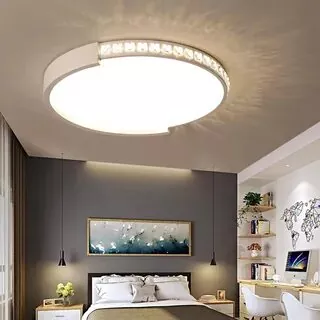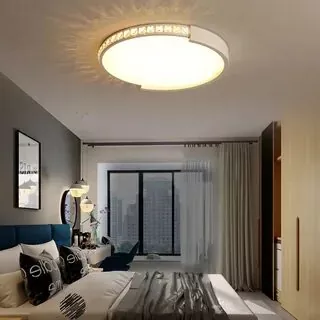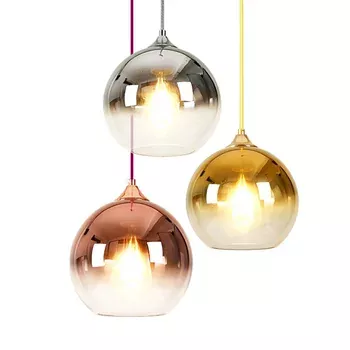Here are seven key differences between traditional and modern ceiling lights:

1.Design Aesthetics:
Modern ceiling lighting tends to have elegant, minimalistic designs that feature clean lines and geometric forms.
Traditional ceiling lights typically have intricate details, including intricate patterns, embellishments, or classic motifs like floral or scroll designs.
2.Materials:
Modern ceiling lighting is typically made from contemporary materials such as chrome or polished nickel. They may also be decorated with polished or glass metal.
Traditional ceiling lights may incorporate elements like bronze, brass, crystal, or Tiffany-style stained glass to create the classic or vintage appearance.
3.Lighting Technology:
Modern ceiling light often utilize energy-efficient LED technology for illumination providing long-lasting and environmentally friendly lighting solutions.
Modern ceiling lights can incorporate LED technology to increase energy efficiency.
4.Functionality:
Modern ceiling lighting can provide additional features like dimmable options and adjustable brightness levels or the capability to alter color to create different lighting effects.
Traditional ceiling lights tend to focus on creating ambient or task lighting, without adding options for personalization.
Shapes and forms:
Modern ceiling light come in a variety of shapes and forms, including modern fixtures with linear designs, abstract designs modern flush mounts or sleek pendant lighting.
Traditional ceiling lighting typically has more classic shapes such as bowl-shaped fixtures, bell-shaped pendant lights, or chandeliers that have multiple levels and arms.
Integration with Smart Home Technology

Modern ceiling lighting could be compatible with smart home technology. This allows users to manage the lights remotely with smartphone apps, voice commands, or automated home systems.
Traditional ceiling light fixtures are less likely than smart home technology to integrate even though they might offer basic dimming using compatible dimmer switchs.
7.Versatility and Adaptability:
Modern ceiling lights offer a variety of options to complement a wide range of styles in interiors, from industrial to contemporary.
Ceiling lights with a traditional design are more likely to be specific to certain style of interior design such as Victorian, Art Deco or Colonial and less likely to blend into modern or contemporary design styles.
These variations emphasize the distinctive characteristics and characteristics of contemporary ceiling lights as compared with their traditional counterparts. They provide an array of options to fit different tastes and design aesthetics.

